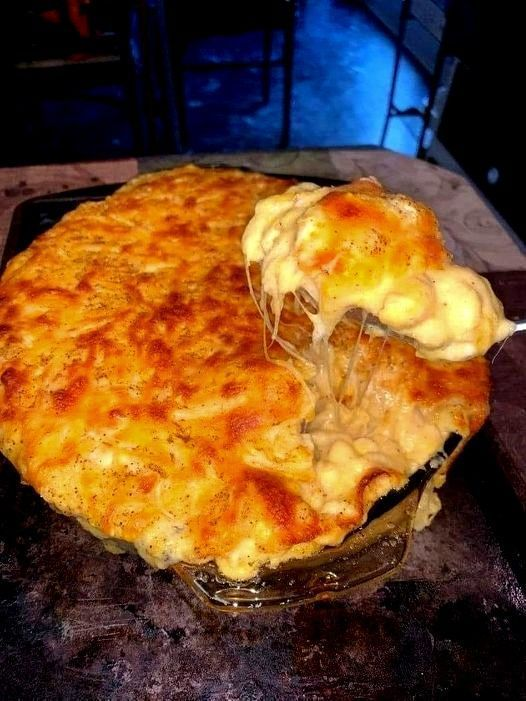Gut Health:
Plant-based diets are often associated with improved gut health due to the high fiber content from fruits, vegetables, and whole grains. A healthy gut microbiome is linked to better digestion and overall well-being.
Anti-Inflammatory Properties:
Many plant-based foods have anti-inflammatory properties, which can help in reducing inflammation in the body. Chronic inflammation is associated with various health issues, and a vegan diet may contribute to its prevention.
Sports Performance:
Contrary to the misconception that vegan diets lack protein, many successful athletes follow plant-based diets to enhance their performance. Plant-based proteins can support muscle building and recovery.
Reduced Risk of Foodborne Illnesses:
Plant-based diets eliminate the risk of foodborne illnesses associated with the consumption of undercooked or contaminated animal products.
Economic Impact:
A vegan diet can be more economical as plant-based protein sources tend to be cost-effective compared to some animal products. It may be a budget-friendly option for individuals or families.
Mindful Eating:
Adopting a vegan lifestyle often promotes mindful eating. Being more conscious of food choices and sources can lead to a healthier relationship with food and a greater appreciation for the environmental impact of dietary decisions.
Preservation of Biodiversity:
The expansion of animal agriculture often leads to habitat destruction and loss of biodiversity. Choosing a vegan diet supports the preservation of ecosystems and the protection of various species.
Culinary Diversity:
Veganism introduces individuals to a diverse range of cuisines and ingredients from around the world. Exploring plant-based cooking can be a culinary adventure, embracing flavors and techniques from different cultures.
Reduced Antibiotic Resistance:
The use of antibiotics in animal farming contributes to the rise of antibiotic-resistant bacteria. Opting for a vegan diet can be a way to reduce the demand for such practices and promote responsible antibiotic use.
Cruelty-Free Beauty and Personal Care:
Veganism extends to beauty and personal care products. Choosing cruelty-free, vegan alternatives ensures that your lifestyle aligns with ethical choices beyond just dietary preferences.
Indulging in a nostalgic journey through comfort food, our vegan Old Fashioned Mac and Cheese recipe captures the essence of traditional flavors while embracing a compassionate, plant-based twist. The creamy, velvety texture of this mac and cheese is achieved through a luscious cashew-based sauce that seamlessly replaces dairy, providing a rich and satisfying experience. As you delve into each forkful of perfectly cooked elbow macaroni, you’ll be enchanted by the harmonious blend of ingredients that come together to recreate the classic appeal of this beloved dish.
The heart of this recipe lies in the carefully crafted combination of soaked cashews, nutritional yeast, and a medley of spices that elevate the sauce to unparalleled levels of deliciousness. The robust flavors of garlic and onion powders, coupled with the subtle brightness of Dijon mustard and a hint of lemon juice, create a symphony of tastes that dance on your palate. For those seeking a vibrant hue reminiscent of traditional mac and cheese, a touch of turmeric is added, bringing not only color but also a mild earthiness to the dish.
In the spirit of authenticity, the velvety sauce is enveloped in a roux, a blend of refined coconut oil (or vegan margarine) and all-purpose flour, offering the perfect consistency to coat each pasta piece. The result is a vegan Old Fashioned Mac and Cheese that transcends dietary preferences, delivering comfort and familiarity with every mouthful. Whether you’re a seasoned vegan or exploring plant-based delights for the first time, this recipe invites you to savor the nostalgia of a classic favorite while embracing the wholesome goodness of compassionate cuisine.
vegan Old Fashioned Mac and Cheese

This Old Fashioned Mac and Cheese tastes unlike any you have likely had. This is rich and creamy, cheesy and wonderful. It has a crunchy topping and is super easy and quick to make on a busy night. The family loves it!
Ingredients:
- 8 oz (about 2 cups) elbow macaroni or your favorite pasta
- 1 cup raw cashews, soaked in hot water for 1-2 hours, or overnight
- 1 1/2 cups water
- 1/4 cup nutritional yeast
- 1/4 cup refined coconut oil or vegan margarine
- 1/4 cup all-purpose flour
- 1 tablespoon lemon juice
- 1 teaspoon Dijon mustard
- 1/2 teaspoon garlic powder
- 1/2 teaspoon onion powder
- 1/2 teaspoon turmeric (optional, for color)
- Salt and pepper to taste
- Bread crumbs for topping (optional)
Instructions:
- Cook the pasta according to the package instructions. Drain and set aside.
- In a high-powered blender, combine the soaked cashews, water, nutritional yeast, lemon juice, Dijon mustard, garlic powder, onion powder, and turmeric. Blend until smooth and creamy. Set aside.
- In a large saucepan, melt the coconut oil or vegan margarine over medium heat. Add the flour and whisk constantly for about 2-3 minutes to create a roux.
- Gradually pour the cashew mixture into the saucepan, whisking continuously to avoid lumps. Continue to whisk until the sauce thickens, about 5-7 minutes.
- Once the sauce has thickened, season with salt and pepper to taste. Adjust the consistency by adding more water if needed.
- Combine the cooked pasta with the cheese sauce, stirring until the pasta is well coated.
- If desired, transfer the mac and cheese to a baking dish, sprinkle with bread crumbs, and broil for a few minutes until the top is golden brown and crispy.
- Serve the vegan Old Fashioned Mac and Cheese hot and enjoy!
